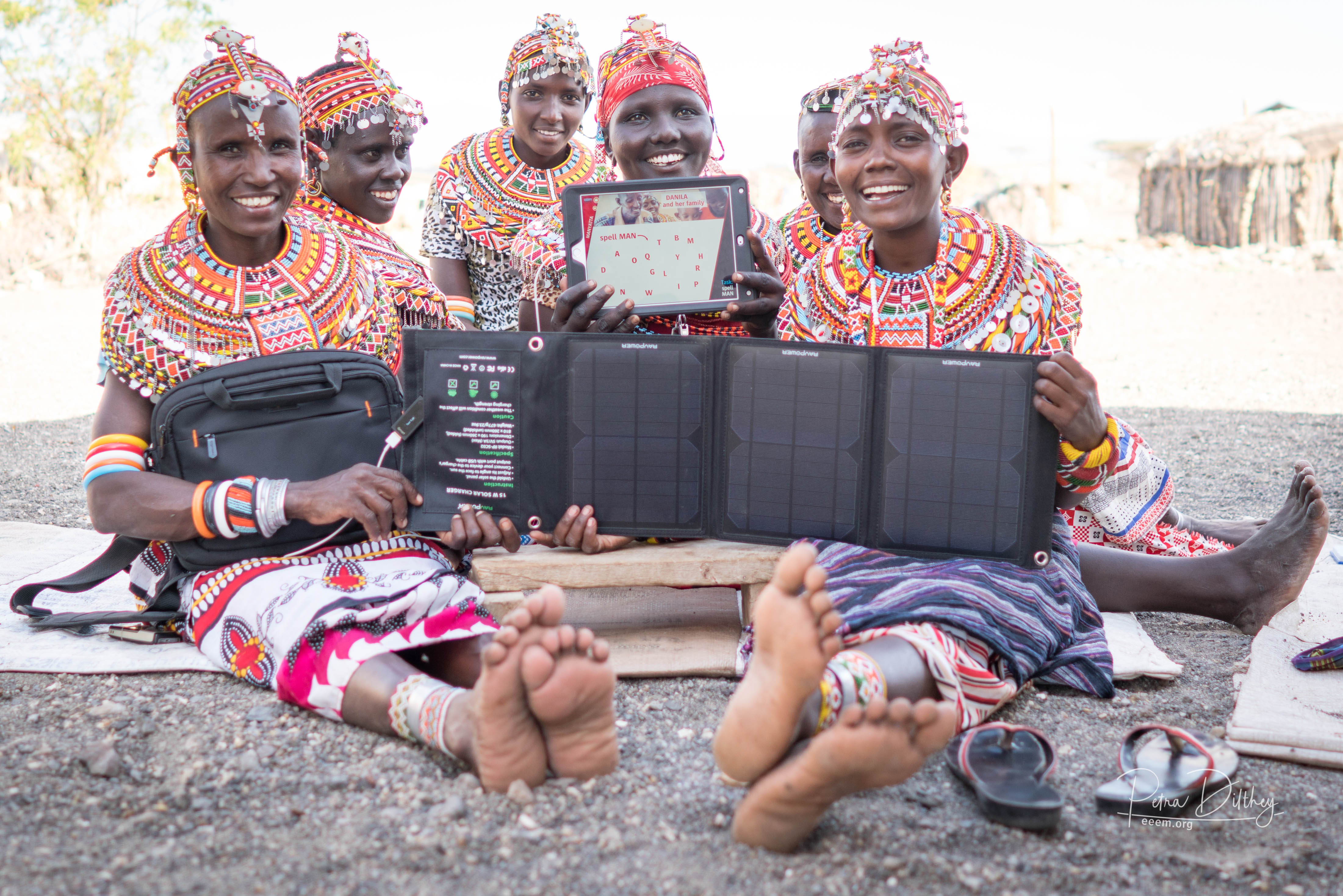Pastoralism, Mobility & Land Tenure (page 20)
Maasai herding & land use in flux
Pastoral livelihoods are evolving rapidly. The emergence of globalised markets and the integration of globalised production in developing countries have forced many pastoralists to shift their economic strategies of production to accommodate these evolving markets. The paper “Pastoralist societies in flux: a conceptual framework analysis of herding and land use among the Mukugodo Maasai of […]
Pastoralist commons management in Karamoja, Uganda
The article “Changes in pastoralist commons management and their implications in Karamoja (Uganda)” by Zuzana Filipová and Nadia Johanisova, published in the Journal of Political Ecology 24: 881–900 (2017), analyses the shift from traditional to current pastoral practices and diversification of livelihoods of the Jie group of the Karimojong in Kotido District, Uganda. Focusing on […]
Trade-offs between pastoralism & wildlife conservation in Kenya
Some pastoralists in the East African rangelands diversify into wildlife conservation and tourism in order to supplement livestock-based livelihoods and to spread risk. Tourism can be an alternative source of income during drought, but may reduce access to grazing resources, and wildlife may destroy crops and injure, kill or transmit disease to livestock or people. […]
Digital nomads & basic education in northern Kenya

In Digital Development Debates Issue 14 (March 2015) of the Development Policy Forum of GIZ (German Agency for International Cooperation), the article “The real digital nomads”, by Uli Schwarz and Petra Dilthey, describes an e-learning programme called Ethno E-Empowerment among mobile Rendille, Samburu and Turkana pastoralists in northern Kenya. The pastoralists’ everyday lives – in […]
Review of “The future of pastoralism”
The World Organisation for Animal Health (OIE) devoted an entire issue of its Scientific and Technical Review (Vol. 35, Issue 2, 2016, 720pp) to the topic of pastoralism – its history, pastoral systems in different parts of the world, recent developments in policy and practice, and opportunities for the future. The editors – Jakob Zinsstag […]
